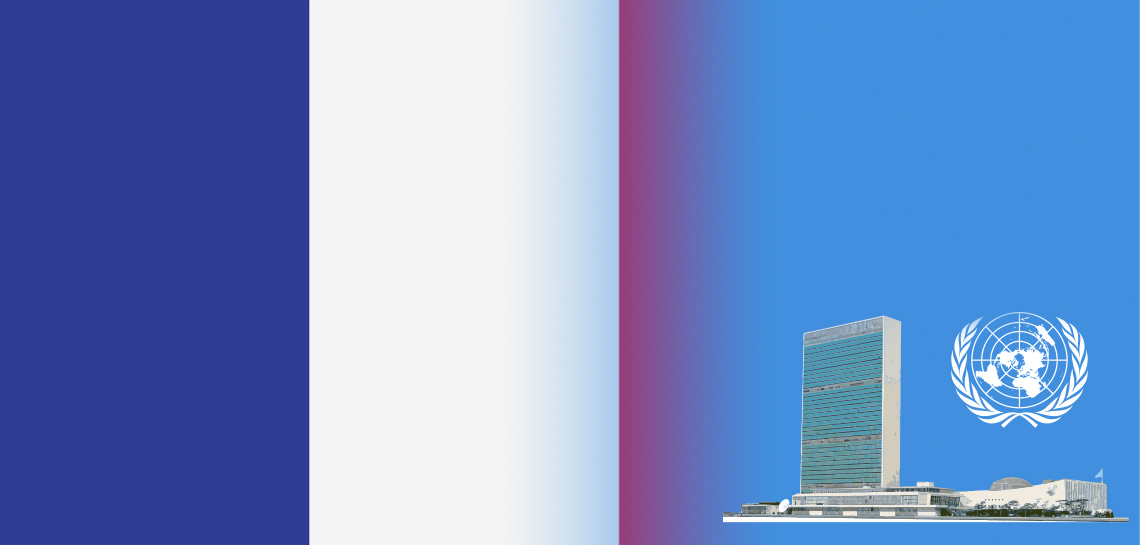
Communication No. 550/1993
UN Human Rights Committee
The author, an academic, contested the use of gas for extermination at Nazi concentration camps. Faurisson was convicted for contesting crimes against humanity. The Human Rights Committee found no violation of Article 19.
Link: https://juris.ohchr.org/Search/Details/654
Theme(s): Genocide Denial/Holocaust
Date: 8 November 1996
Description of applicant(s): Academic
Brief description of facts: The author was a professor of literature at the Sorbonne University in Paris until 1973 and at the University of Lyon until 1991, when he was removed from his chair. Aware of the historical significance of the Holocaust, he has sought proof of the methods of killings, in particular by gas asphyxiation. While he does not contest the use of gas for purposes of disinfection, he doubts the existence of gas chambers for extermination purposes at Auschwitz and in other Nazi concentration camps. On 13 July 1990, the French legislature passed the so-called “Gayssot Act”, making it an offence to contest the existence of the category of crimes against humanity as defined in the London Charter of 8 August 1945, on the basis of which Nazi leaders were tried and convicted by the International Military Tribunal at Nuremberg in 1945-1946. Shortly after the enactment of the “Gayssot Act”, Mr. Faurisson was interviewed by the French monthly magazine, which published the interview. Besides expressing his concern that the new law constituted a threat to freedom of research and freedom of expression, the author reiterated his personal conviction that there were no homicidal gas chambers for the extermination of Jews in Nazi concentration camps. Following the publication of this interview, eleven associations of French resistance fighters and of deportees to German concentration camps filed a private criminal action against Mr. Faurisson and Patrice Boizeau, the editor of the magazine Le Choc du Mois . By judgment of 18 April 1991, the 17th Chambre Correctionnelle du Tribunal de Grande Instance de Paris convicted Messrs. Faurisson and Boizeau of having committed the crime of contesting crimes against humanity and imposed on them fines and costs amounting to FF 326,832.
(Alleged) target(s) of speech: Jews
The Committee’s assessment of the impugned speech: The Committee found the author’s statement to raise or strengthen anti-Semitic feelings and therefore found that the restriction to his speech served to protect Jews from such feelings. In this light, it found no violation of Article 19 of the International Covenant on Civil and Political Rights.
Important paragraph(s) from the decision:
9.6 To assess whether the restrictions placed on the author’s freedom of expression by his criminal conviction were applied for the purposes provided for by the Covenant, the Committee begins by noting, as it did in its General Comment 10 that the rights for the protection of which restrictions on the freedom of expression are permitted by article 19, paragraph 3, may relate to the interests of other persons or to those of the community as a whole. Since the statements made by the author, read in their full context, were of a nature as to raise or strengthen anti-Semitic feelings, the restriction served the respect of the Jewish community to live free from fear of an atmosphere of anti-Semitism. The Committee therefore concludes that the restriction of the author’s freedom of expression was permissible under article 19, paragraph 3 (a), of the Covenant.
ICCPR Article: Article 19
Decision: No violation
